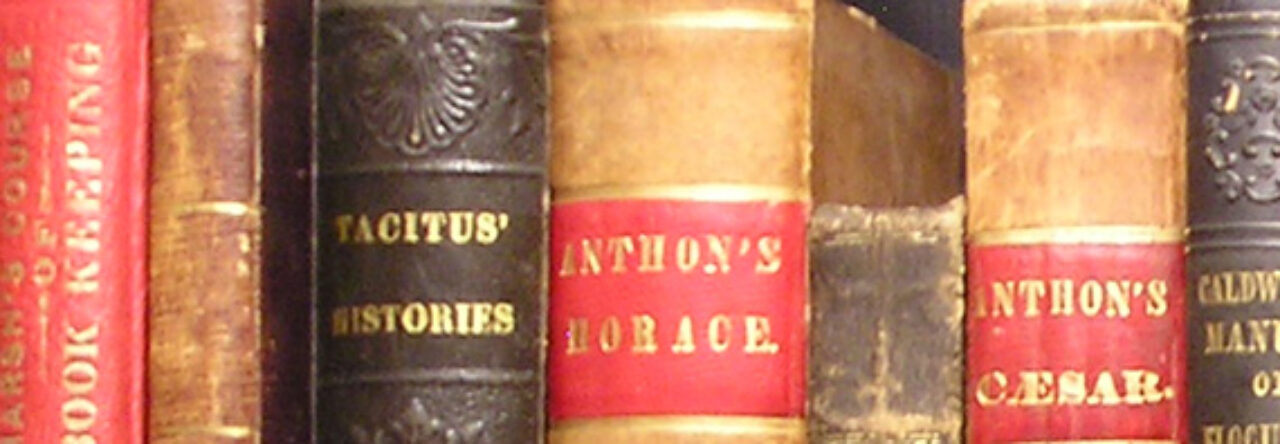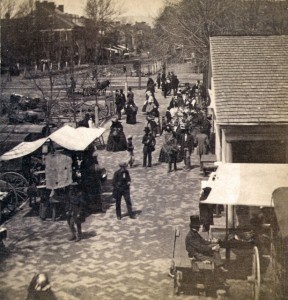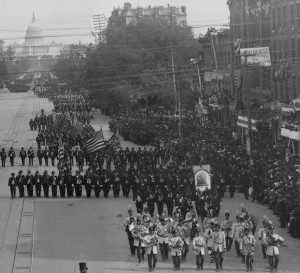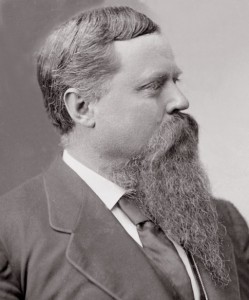Lenore E. Flower, Women in the War Effort (Carlisle, PA: Hamilton Library Association, 1963).
Lenore E. Flower’s essay discuses the letters that two sisters wrote after Confederates shelled Carlisle on July 1, 1863. “We never dreamed that by evening the Rebel demons would attempt to shell the town, and that too without giving the usual warning,” as seventeen year old Margaret Murray noted in a letter to her brother. In addition, Flower includes a letter that Sara A. Myers wrote to Union General William Farrah Smith’s wife. “I am indebted to the exertions of Gen. Smith and his brave soldiers – I wish I could something for each of them – that I still have a home,” as Myers explained.
This essay has been posted online with permission from the Cumberland County Historical Society.





